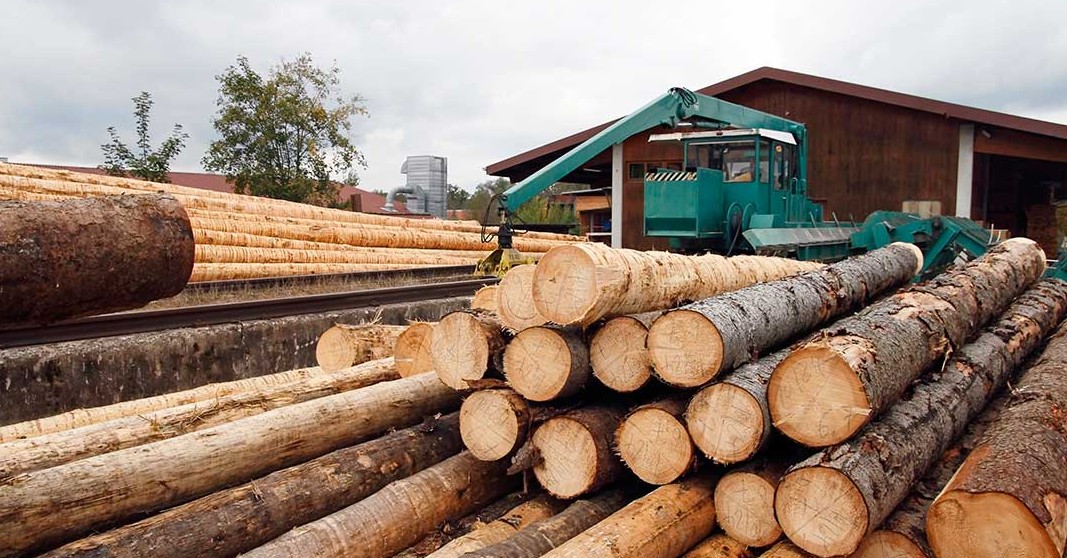- Deputy Felipe Camaño requested government support for the initiative to advance it legislatively. Mayors of forestry communities backed the local lawmaker's proposal.
Last Friday, the first funds from the Mining Royalty began to be transferred to municipalities—a long-fought battle that will ensure the poorest communities, especially those with mining vocations, receive compensation to mitigate the negative externalities caused by mining in their territories.
In this vein, Deputy Felipe Camaño stated that it is important to replicate such measures in other communities and industries that also impact the population, such as forestry. For this reason, he will propose a bill to establish a specific tax for forestry activities in various municipalities across the country.
“Since timber is a renewable product, the correct approach is to speak of a specific tax on forestry activities. Therefore, reform is possible if we follow the model of the Mining Royalty, which provides fresh resources to qualifying municipalities. We want this new law to directly reward municipalities with forestry presence, as they often receive no compensation for the development of this activity in their territories and must endure all kinds of externalities, such as the high risk of forest fires,” he asserted.
The Ñuble legislator added, “This resolution seeks to establish a specific tax on forestry activities, and I will present a bill to incorporate this tax. However, due to constitutional concerns, we need the government’s endorsement, following the precedent of the Mining Royalty, thereby achieving a major milestone in justice, development, and territorial equity—especially for the Ñuble region, where forestry contributes the most to the territory’s GDP.”
MAYORS SUPPORT
Meanwhile, Coelemu Mayor Alejandro Pedreros stated that he has repeatedly expressed a firm stance on the need to tax forestry companies operating in municipalities with monocultures. From his perspective, this measure is not only fair but also crucial to ensuring equitable distribution of benefits from natural resource exploitation.
“Forestry companies, by establishing themselves in these communities, gain privileged access to local resources, allowing them to generate significant profits. Yet, in many cases, these profits do not translate into tangible positive impacts for the municipalities hosting these operations. The lack of investment in infrastructure, basic social services, education, and road connectivity leaves these communities marginalized and neglected, despite bearing the direct effects of forestry activities. Therefore, it is imperative that these companies contribute more substantially to local development,” the Coelemu mayor affirmed.
Similarly, Ránquil Mayor Nicolás Torres supported the initiative, clarifying that “the concept of being a good neighbor is important in any community, as long as there is ongoing social responsibility. If forestry companies can contribute more resources to municipalities for using their land, I believe any assistance from private entities is valuable, considering they should pay taxes in the municipalities where they operate.”
The municipal leader added that implementing such a measure would be important, as “with that money, we could even improve the roads used by the forestry companies themselves.”
Source: Crónica Chillán
Photo: Portal Agro Chile







Comments (0)
No comments yet. Be the first to comment!
Leave a comment